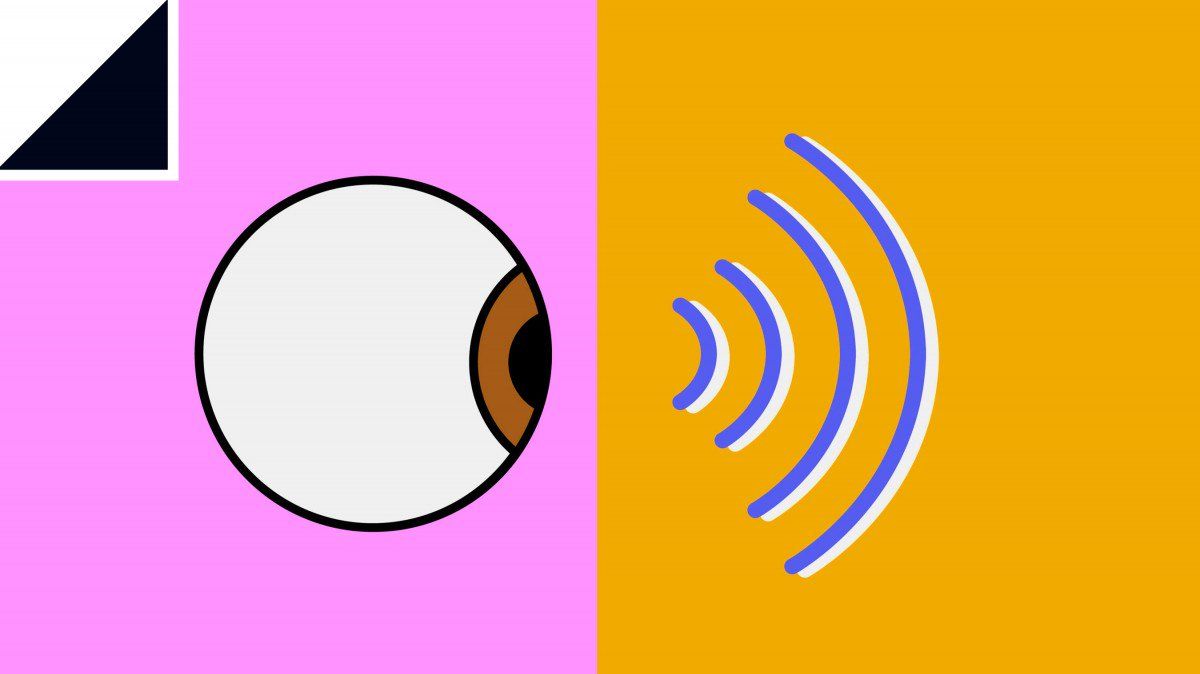We all have one friend who NEEDS this jacket.






An uncrewed Russian cargo ship linked up with the International Space Station Sunday (Nov. 18) to deliver nearly 3 tons of supplies for the orbiting lab.
The resupply ship, called Progress 71, docked at the space station at 2:28 p.m. EST (1928 GMT) as both spacecraft sailed 252 miles (405 kilometers) over Algeria. Progress 71 launched into orbit Friday (Nov. 16) from Baikonur Cosmodrome in Kazakhstan.
“A textbook journey for the Progress,” NASA spokesperson Rob Navias said during live commentary. [The Space Station’s Robotic Cargo Ship Fleet in Pictures].


What are the values of religion in the 21st century? As we continue accelerating towards a new scientific and technological era, it shouldn’t be a surprise to find an increasing number of people adhering to secular values and skeptical critical thinking. But then religion persists. Interestingly, while newer religions are emerging, they’re subsequently accommodating this new era into their philosophical belief structure.
In this cyborg religion, being against science and technology is a sin! Then again, so is having sex and doing drugs. Bummer!


MINNEAPOLIS (AP) — An astrophysicist from the University of Minnesota who has spent 14 winters in Antarctica tending to a telescope plans to step away from his research after the instrument is replaced.
Minnesota Public Radio reports that the university will begin the replacing the telescope and mount at the Amundsen-Scott South Pole Station this month.
University astrophysicist Robert Schwarz says he’ll stay through the replacement process but doesn’t plan to return. He’s overseen the telescope maintenance, trekking out in temperatures as low as minus 100 degrees Fahrenheit to check on the instrument.
